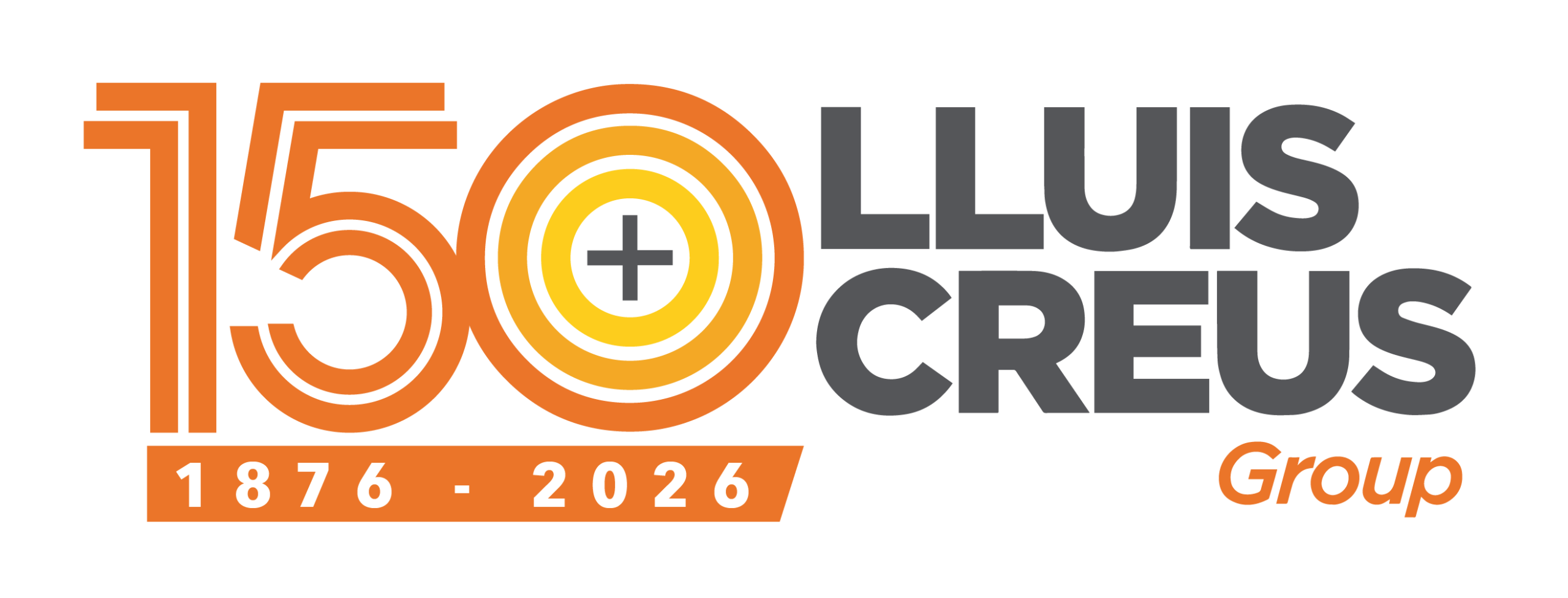Choosing the right bellows isn’t just a matter of size; shape and geometry are key to effective protection. In this FAQ, we’ll answer the most common questions about custom bellows and how to select the right shape for each industrial application.
What types of bellows geometries are available?
Bellows can have different geometries depending on the needs of your machine:
- Cylindrical (circular): Ideal for rounded spindles and shafts, they adapt well to linear movements.
- Rectangular or square: Used on flat guides or systems with angled profiles.
- Hexagonal or special shapes: Designed for less conventional applications where a precise fit is required.
- Curtain type: Flat bellows that unfold like an accordion, useful for protecting large surfaces or large movements.
The choice depends on the cross-section of the element to be covered and the space available on the machine.
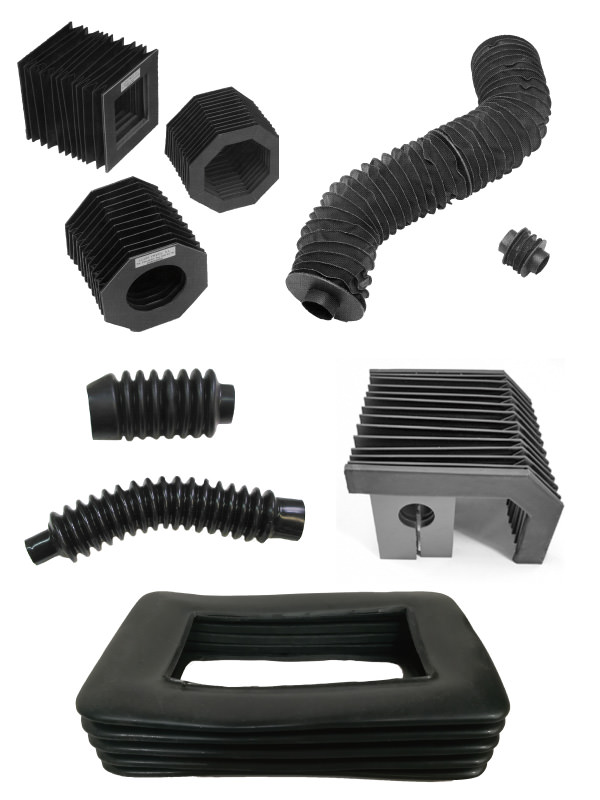
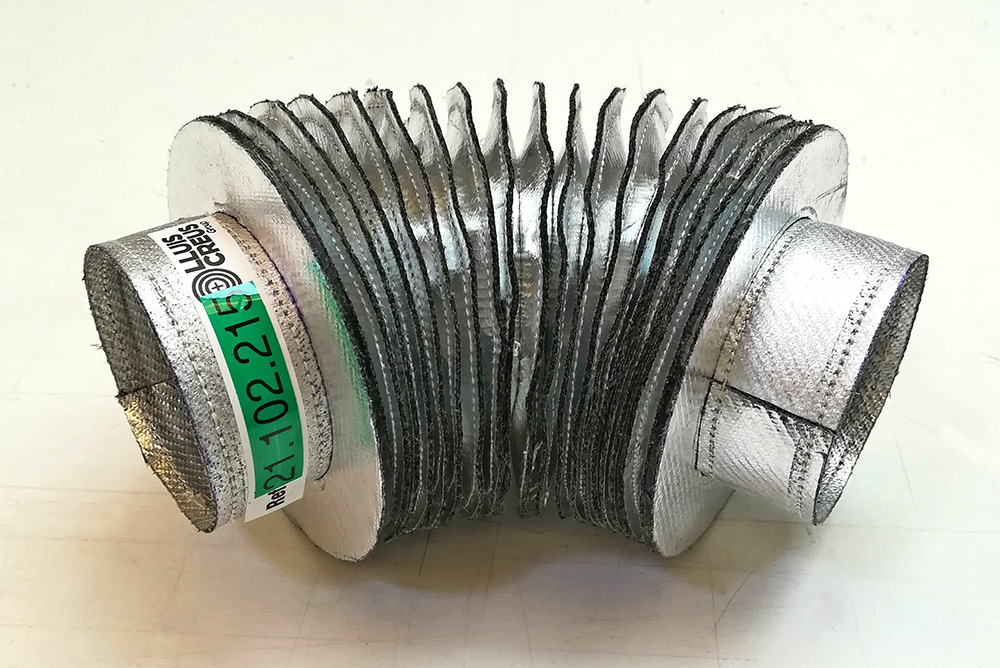
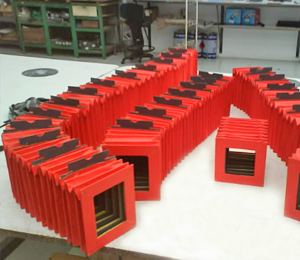
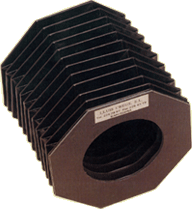
Why choose a custom bellows instead of a standard one?
At Lluis Creus, we don’t work with stocked standard bellows; each one is completely custom-made. This is because each machine and project has different characteristics: dimensions, displacements, environmental conditions, and space restrictions. A standard bellows rarely fits perfectly; on the contrary, a custom bellows adapts to your machine, not the other way around.
What information should I gather before ordering a bellows?
To help the manufacturer design the appropriate geometry, it is important to provide:
-
Type of movement: Linear, angular, or combined.
-
Part dimensions: Internal and external diameters or sections.
-
Minimum and maximum working length: To define the bellows’ extension and compression.
-
Working environment: Oils, chips, extreme temperatures, or corrosive agents.
-
Available space: To ensure the bellows do not interfere with other components.
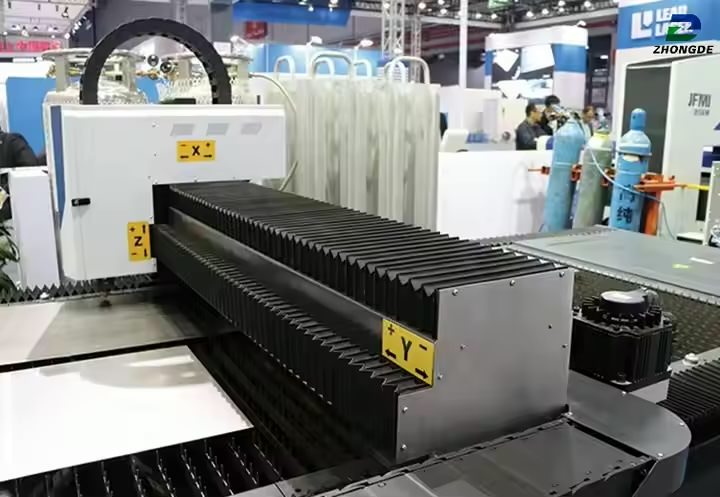
How does the shape of the bellows affect its performance?
A well-chosen geometry ensures that the bellows contracts and expands without generating excessive stress, avoiding premature wear. For example, on a circular screw, a square bellows would generate excess corners that could bend incorrectly. Furthermore, the correct shape guarantees complete protection against oil, chips, and dust, prolonging the life of the mechanism.
What are the advantages of working with a specialized supplier?
An experienced supplier designs specific protection for each situation. This involves:
- Technical advice on materials and finishes.
- Prototypes and pre-testing to ensure fit.
- Integration of appropriate fastening systems.
- After-sales service and supply of spare parts when necessary.
Conclusion
Selecting the correct bellows geometry is critical to ensuring the protection and performance of your machines. By opting for custom solutions and working with specialists, you ensure that every detail—from shape to material—is tailored to the needs of your application, protecting both the machine and those working with it.
